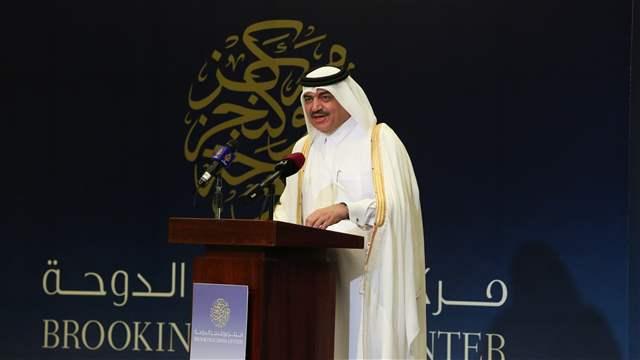Content from the Brookings Doha Center is now archived. In September 2021, after 14 years of impactful partnership, Brookings and the Brookings Doha Center announced that they were ending their affiliation. The Brookings Doha Center is now the Middle East Council on Global Affairs, a separate public policy institution based in Qatar.
From the rapid fall in oil prices to the conflicts that have threatened key energy sources and transit routes in the Middle East and North Africa, the global energy landscape has shifted dramatically over the past year. The change of a single number – the price of a barrel of crude oil – can carry profound implications for government policies and company decisions around the world, from efforts at subsidy reform to shale oil extraction. Understanding the interplay between key geopolitical events and energy markets remains crucial.
Has Asian consumers’ growing dependence on Middle Eastern energy supplies prompted greater interest in providing for the region’s security? How will new sources and new transit routes reshape the global LNG and natural gas landscape? What has been the impact of falling energy prices on unconventional production and investment in renewable energy resources?
At the fourth annual Brookings Doha Energy Forum, experts and policymakers from around the globe met to discuss the key global energy trends. In broad plenary sessions and focused roundtable discussions, industry leaders from the Middle East, Europe, Asia, and the United States wrestled with these and other questions. The findings of these many conversations are reflected in this report, jointly prepared by the Brookings Doha Center and the Energy Security and Climate Initiative.
The Brookings Institution is committed to quality, independence, and impact.
We are supported by a diverse array of funders. In line with our values and policies, each Brookings publication represents the sole views of its author(s).



